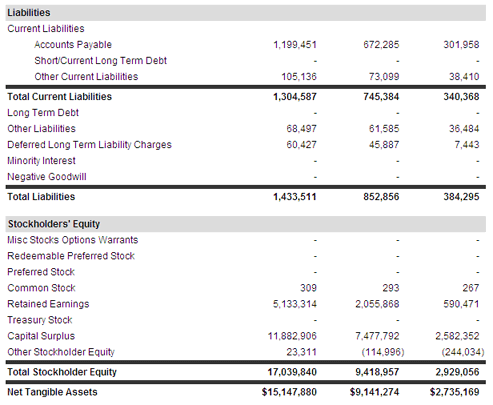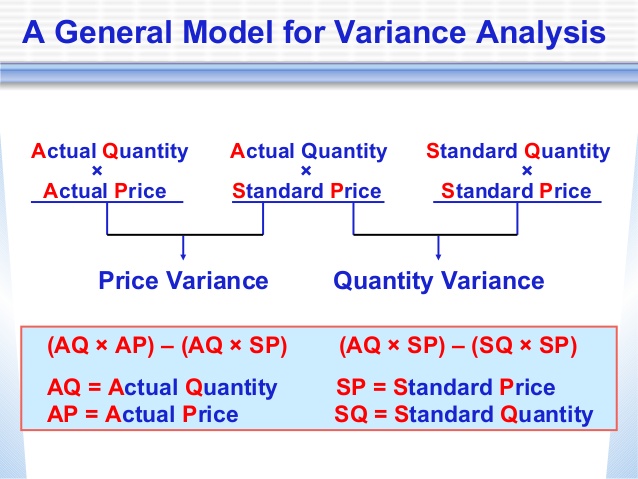
As of 2023, there are roughly 200,000 certified public accountants in the Philippines. And because the CPA examination pass rate averages around 25%, there are only a couple thousand new CPAs added to that total each year. With this dwindling offshoring pool and an increase in the demand for outsourcing, it’s important to remember that offshore talent is a finite resource. Take time to understand the risks and best practices of cybersecurity, and seriously consider seeking professional help from companies like Practice Protect to train your team and safeguard your accounting firm against the threats of hackers and scammers.
Empowering Women Returners: Strategies for Re-entering the Financial and Accounting Sector
Accounting is the interpretation and presentation of that financial data, including aspects such as tax returns, auditing and analyzing performance. You can outsource your accounting work to outside professionals who specialize in bookkeeping and tax preparation. Outsourcing can offer many advantages because it allows you to take advantage of specialized skill sets that may not be available when hiring someone in-house. As a general note, CPAs are considered to be more qualified than tax professionals when it comes to preparing taxes on an individual basis as they are trained to analyze business and personal finances to maximize savings and minimize taxes.
- Through industry accounting, businesses can provide stakeholders with accurate and meaningful financial information that reflects the economic reality of their specific industry.
- For example, as a senior manager or director in practice, the buck often stops with business development.
- To help, we’ll detail everything you need to know about the basics of accounting.
- Fundamentally, showing someone empathy and sensitivity will keep people at the forefront of the accounting profession for a long time.
Meaningful action you can take to prepare for the future of accounting:
This can be a great option if you want to ensure your books are in order, and that your company’s financial information is accurate, but it does come with some drawbacks. For one thing, the cost of hiring someone like this can be a substantial burden on your business’s finances. We hope you have gained a deeper understanding of this fascinating field and its significance in financial reporting. Actual cost industrial accounting, on the other hand, is the best solution for companies that have to undergo market fluctuations and therefore need to review the cost of production on a constant, even weekly basis. This is the case, for example, for all those companies that process products in which the raw material fluctuates greatly throughout the year.
Kristin started her career in the audit practice at Deloitte & Touche and later transferred into advisory practice where she specialized in M&A due diligence. After nearly five years at Deloitte, Kristin joined Dentsu Aegis Network, which she served as the financial reporting manager for the Americas region. She currently works at a start up in New York City as the director of accounting. She also serves as the CFO on the board of directors for a not for profit company whose mission is to raise awareness for mesothelioma.
He has written for a host of top tech companies, the likes of Technologyadvice, Tripwire amongst others. Another easy to use option that’s perfect for self-employed entrepreneurs who need an affordable accounting solution is Neat. This is the act of tracking and reporting income and expenses related to your company’s taxes. You don’t want to be in a situation where you have to pay more income tax than is normally required by the Internal Revenue Service (IRS). This resource from Jason and Chad is designed to help you with automation ideas, including using AI, and no-code apps and tools.
CPM software: 3 questions for choosing an application consulting firm
Very often the terms “industrial accounting” and “cost accounting” are used synonymously, however, this is incorrect, since they are two processes that partly overlap but do not completely coincide. In fact, industrial accounting, as anticipated earlier, takes into account data related to production processes. Then, by integrating balance sheet data with production data, production costs can be determined. Before delving into an analysis of the advantages of proper management of industrial accounting, it is necessary to dwell on the elements to be taken into consideration. As is now well known, industrial accounting has the task of evaluating what are the costs of production of a given good or work order through data on the activities carried out in individual departments and the corresponding material consumption. If you’ve made your decision or are exploring opportunities, browse the latest Accountancy Practice jobs on GAAPweb to find roles tailored to your aspirations.
Is Public or Private Accounting Better?
No-code and low-code tools are designed to empower accounting firm owners to build apps and integrate their tools (and therefore improve their operational efficiency), minus the software programming knowledge. By immersing yourself in new tech and becoming an early adopter (even if it’s just for experimental purposes), you’ll be better placed to leverage game-changing tools for your accounting firm. Looking into the distant future, it’s difficult to predict how far the digital transformation will go. There are several software programs on the market that allow for optimal management of industrial accounting, however, choosing the best solution may not be as easy as one might think. So let’s take a look at what industrial accounting is used for and what are the benefits of its optimal management. Working in practice allows you to handle the finances of a variety of clients, from individuals and local businesses, if you work for an independent firm, or global corporations and organisations if you are a part of a larger accountancy group.

Overall, industry accounting enables businesses and stakeholders to gain a comprehensive understanding of the financial services compliance financial performance and position of companies within a specific industry. It provides industry-specific insights that are crucial for decision-making, strategic planning, resource allocation, risk management, and compliance. It plays a vital role in helping businesses make informed financial decisions, assess performance, comply with industry regulations, and communicate with various stakeholders. Industry accounting provides a detailed picture of the financial performance and position of companies within their specific sectors, enabling them to effectively manage resources, identify risks, and seize opportunities. Public accounting refers to a business or individual accountant who provides services for multiple clients, which can be individuals or large corporations.
The way accountants prove their worth is changing to be centered around examining trends, analyzing data, and evaluating the business environment holistically. While AI has been around for many years, the uptake of generative AI tools (most famously OpenAI’s ChatGPT) has been one of the most exponential on record. No matter your experience or age, you should prioritize as 2415: consideration of an entity’s ability to continue as a going concern learning how to leverage new tech. Evolving technology, the changing business landscape, and the environment are all shaping the future of the accounting profession. Ultimately, the decision between practice and industry hinges on your career aims, interests, and personal goals. Keep in mind that this choice is not irreversible; you can transition between the two sectors based on evolving preferences and career objectives.
The fact that tech can already perform many of the manual and repetitive accounting processes that used to suck up your time is something to embrace sooner rather than later. Here are seven important trends you need to be aware of about the future of accounting. If you have concerns about the speed impaired asset definition at which technology is developing, the skills shortage, AI, or the numerous other shifts altering the profession before your eyes, try to reframe these concerns as opportunities. Because if there’s one thing for certain, it’s that those who don’t adapt, will get left behind.
